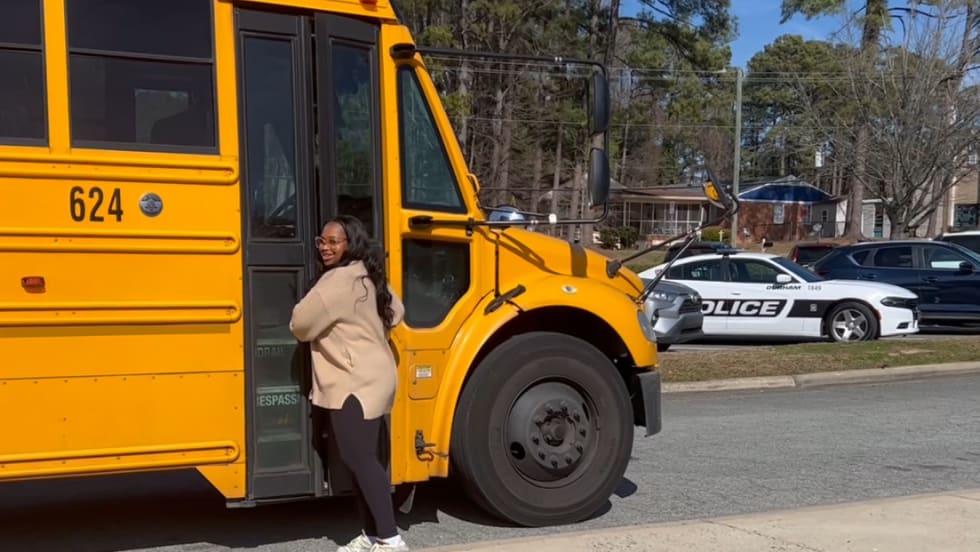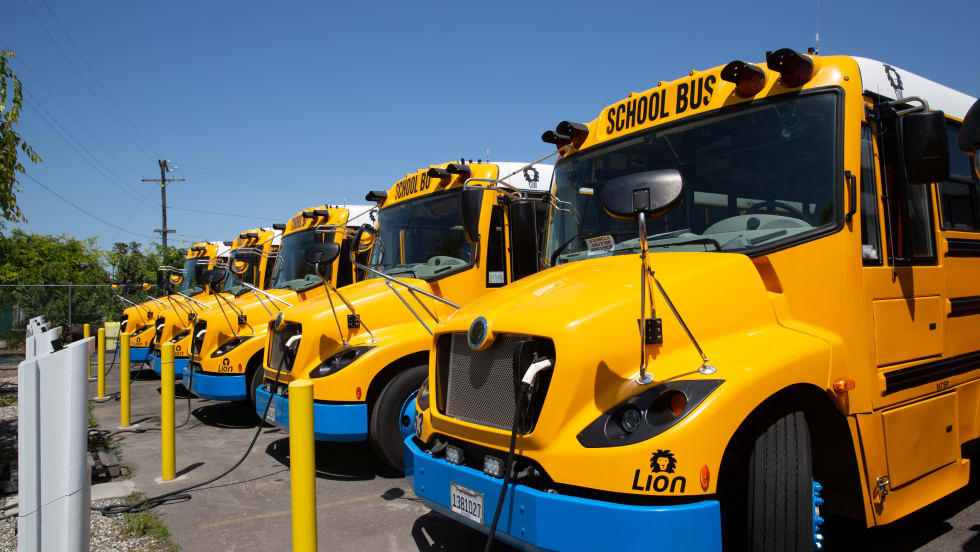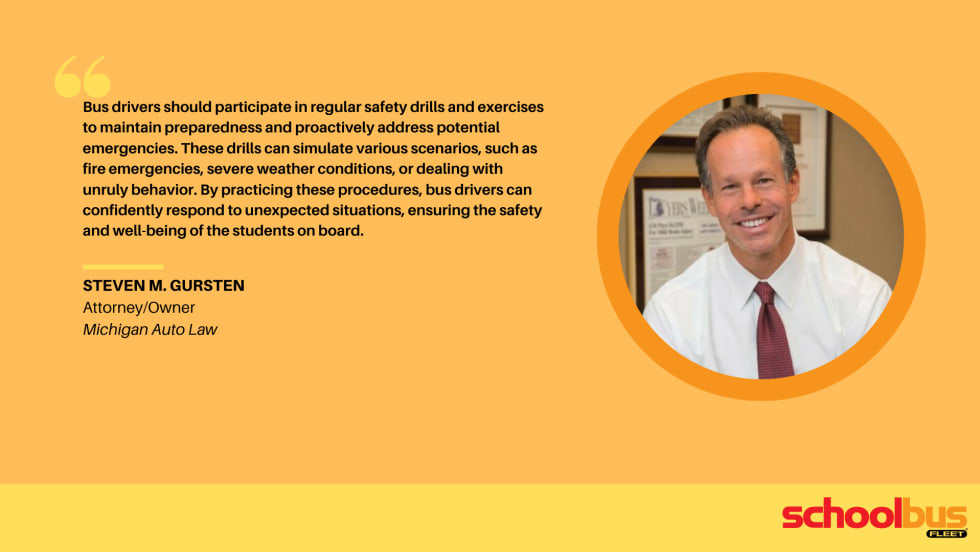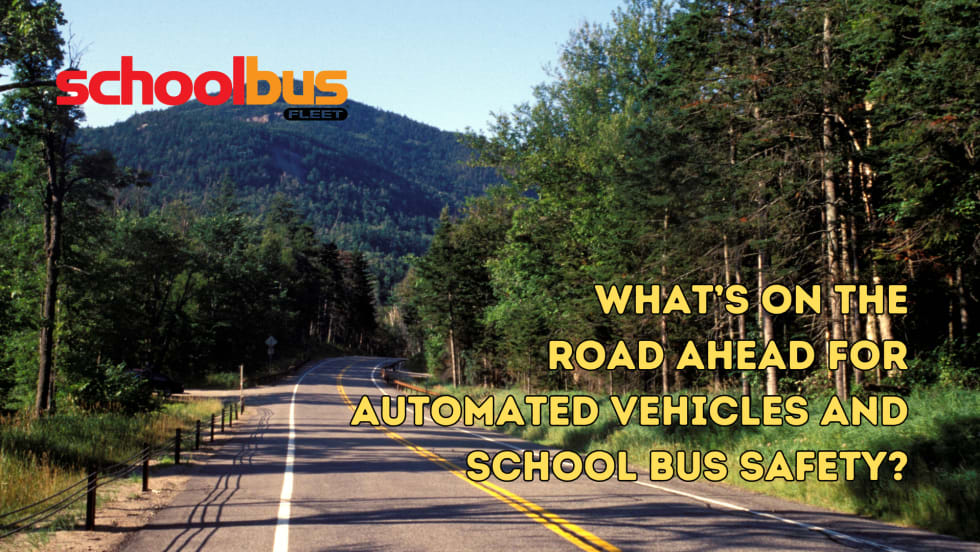COVID, inflation, electrification, driver shortage - these subjects are on our minds a lot these days!
The subject nearest and dearest to me at this point is the school bus driver shortage. I certainly don’t have to tell anyone in the pupil transportation industry that we are in unprecedented times in terms of the shortage. A recent poll from School Bus Fleet asked us to describe our status. When it comes to this situation, mine is desperate! Anyone whose status is not desperate, or approaching same, needs to share the magical formula.
As a result of responding to the survey, I was asked some follow-up questions.
One of those questions dealt with reasons school bus drivers are leaving. In my version, historically, school bus drivers were typically moms wanting to earn “pin money” and be on the same schedule as their children. They were at the bottom of the totem pole in school districts in terms of compensation compared to the other support personnel. They probably didn’t make demands for increased compensation as consistently or forcefully as other groups.
Over the years, districts generally haven’t caught bus drivers up to the compensation levels of other support groups. Meanwhile, requirements and credentialing have become more and more professionalized and difficult. Compensation has lagged far behind what should be appropriate based upon the responsibilities, skills, education, and credentials required to be a bus driver.
It’s among the toughest school district jobs. The most difficult, I think, are (in order), substitute school bus driver, bus driver and middle school assistant principal.
Besides the difficulties, responsibility, and continuing education requirements, there’s the challenge of student behavior, parent expectations, and sometimes lack of support from administration. Add in the split shift, non-paid days, and sometimes less-than-optimal equipment, and you end up with a potentially very unsatisfying job/profession.
Currently, everything is further compounded by a seemingly decent economy, COVID, and COVID-related unemployment benefits. We share the shortage that every other industry faces. Wage rates have increased unrealistically – and I believe unsustainably - in some industries, which makes it even more difficult to recruit for our challenged industry.
So, how do districts address this unprecedented challenge?
We need to start with some basic assumptions:
Split shifts cannot be eliminated because our bell schedules would require 10-plus hour days working straight through.
The responsibilities will not lessen, so skill development education and credentials should remain (despite what some lawmakers might suggest). However, the idea of a specific CDL manual and skills test for school bus drivers is not a bad idea at all.
Poor behavior by some students and unreasonable expectations by some parents will not go away so those challenges will continue.
There will always be better paying jobs, driving or otherwise.
Any solutions should encompass all Pupil Transportation Staff
My experience is that we typically land on the wage rate when faced with the challenges of recruiting pupil transportation staff. The wage rate is critically important, but I feel we need to consider compensation of pupil transportation professionals as a complete package. In this case, I will focus on school bus drivers, but the same concept should apply to all staff as above.
A complete compensation package should include the following:
Reasonably competitive wage* commensurate with responsibilities based upon a true understanding of those responsibilities, the required education, and credentials…plus the requirements of maintaining those credentials (what is the true value of a CDL BPS?!?).
Continuing Education
Drug/Alcohol Testing
Driving Record scrutiny
Medical Certification
* It would be very helpful if that wage were as uniform as possible within the industry to level the playing field. Let Districts find creative and unique ways to recruit so “poaching” isn’t just about the hourly wage.
Offer a means to be compensated as a full-time (40 hour) employee with all benefits that are commensurate with that status, including paid holidays.
Although not everyone is interested, find a means to offer 12-month employment.
Offer a meaningful and reasonably funded pension/retirement vehicle.
Increase the value of accrued time at the end of a career to discourage absenteeism.
What are other aspects of pupil transportation that should be part of recruitment information?
Ensure well-maintained (newer the better) vehicles with “amenities” that the budget can bear.
Have technology that helps to address the challenges drivers and staff face each day.
Automated Routing
Two-way communication
On-Board Mobile Date Terminals (Tablets)
Student Ridership Tracking
Mobile Video/Audio Recording Systems
HVAC commensurate with geography
Meaningful and appropriately scheduled educational and instructional opportunities.
Development of a strong passenger management support system.
Some of this (maybe all of it) may seem “pie in the sky”. However, it is certainly something I believe should be strongly considered. Obviously, universally poor school funding makes even some of this virtually impossible in any school district across the country. But we cannot sit back and wait for this problem to solve itself.
This requires a concerted effort by everyone involved in pupil transportation to educate the masses about not only what a wonderful profession school bus driving is, but also how critically important it is that we fund schools in a way that will ensure students can be transported safely and efficiently now and into the future.
- Brendan Wagner is pupil transportation director for the Scottsdale (Ariz.) Unified School District.













